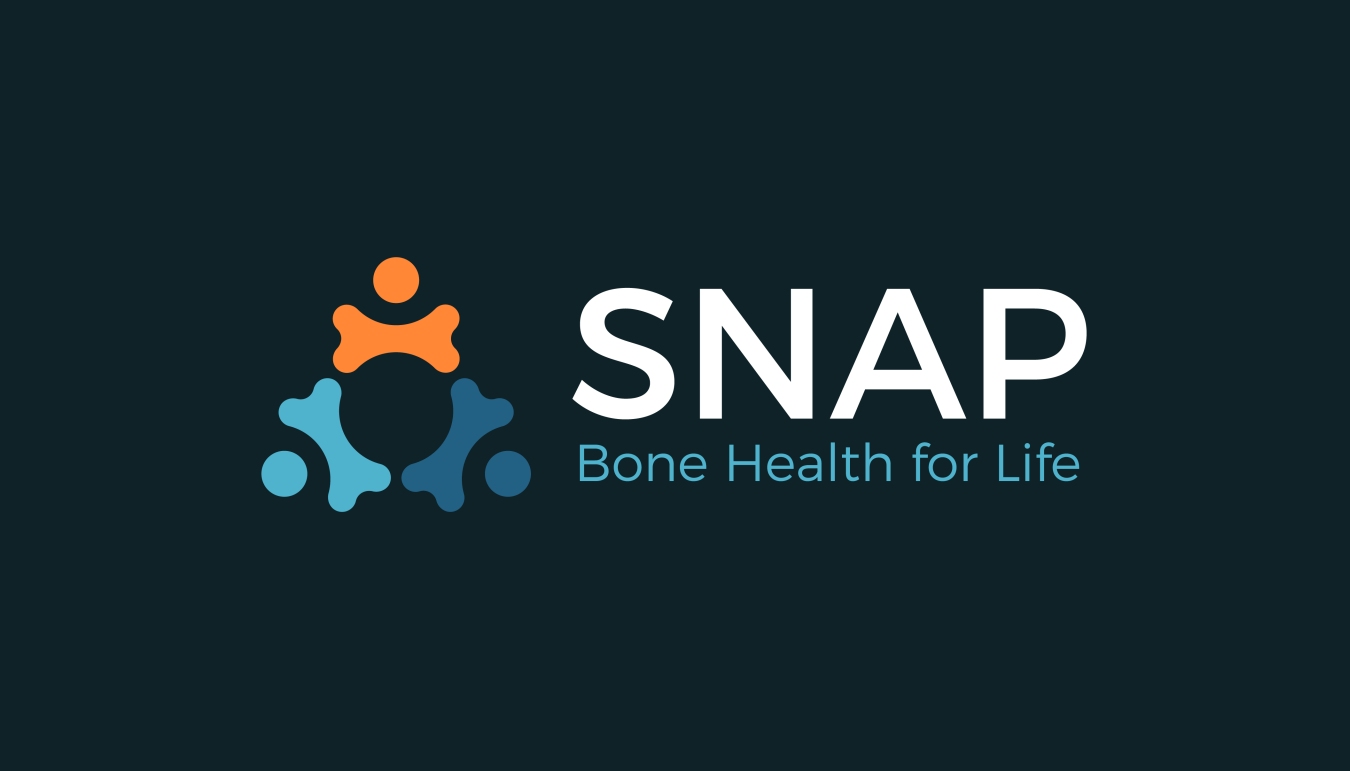
We often tend to overlook the remarkable influence that sleep has on our health in a culture that values productivity and goals above rest. Although the significance of sleep for physical and mental health is well known, little importance is given to how sleep affects bone health, despite the substantial evidence suggesting a significant association between restful sleep and bone health. A recent study revealed that insomnia is associated with a 52% increased risk of osteoporosis1, highlighting the urgent need to promote quality sleep for bone health.
It is important to explore the complex relationship between sleep and bone health in order to ensure optimum bone health.
The Significance of Bone Health
Our bones are more than just supporting structures; they are dynamic, living things that are constantly rebuilding. Old bone tissue must be destroyed in order to make room for new bone tissue. Osteoporosis occurs when this balance is upset, creating bones that are porous, brittle, and prone to fractures.2
Old bone tissue must be destroyed in order to make room for new bone tissue. Osteoporosis occurs when this balance is upset, creating bones that are porous, brittle, and prone to fractures.
Nutrition, exercise, and hormonal balance are just a few of the many elements that contribute to good bone health. However, the significant impact of sleep on this complex equation is often ignored. The crucial function of sleep length and quality in bone metabolism (the process of bone renewal) has come to light relatively recently, suggesting that sleep is essential for bone health.
The Sleep-Bone Relation
- Hormonal Cycle: Growth hormone (GH) is released during deep sleep. This hormone is a conductor of tissue repair and development and extends its effects to the bones, promoting bone growth and regeneration. Lack of sleep or irregular sleep patterns may inhibit GH secretion, which can cause impaired bone development and repair, leading to weaker bones.3
- Cortisol and Sleep: Chronic sleep deprivation increases the level of cortisol, the stress hormone. This hormone can decrease bone density by promoting bone resorption and inhibiting formation. The stage set by sleep deprivation may weaken bones and heighten the risk of fractures.3
- Melatonin and Bone Health: Melatonin, the sleep-inducing hormone, not only guides our sleep-wake cycles but also shields bone cells from oxidative stress (accumulation of harmful molecules in the body without enough antioxidants available to neutralize them, leading to cell damage). Inadequate sleep can mitigate melatonin's protective effect, leaving bone health vulnerable.3
- Sleep Deprivation and Chronic Inflammation: Sleep deprivation can also cause chronic inflammation that silently deteriorates bone health. Cytokines, the inflammatory messengers, can disrupt bone remodelling, resulting in reduced bone density.4
- Sleep and Physical Activities: Quality sleep is important for maintaining physical vitality as well, enabling engagement in weight-bearing exercises-vital for bone health.5 In contrast, sleep deprivation can cause fatigue, affecting performance and potentially contributing to bone loss.
Recent Evidence Linking Sleep Quality and Bone Health
- In a recent study conducted by The Women's Health Initiative in 2019 with over 11,000 post-menopausal female participants, the association between hours of sleep and sleep quality against bone mineral density was studied. Other confounding factors such as age, race, symptoms, alcohol use, smoking, BMI, physical activity and sleeping medication were accounted for. It was found that women who reported sleeping only five hours or less per night had significantly lower bone density than women who slept seven or more hours a night.6
- This was also previously studied by Fu and team in 2011 where they found an association between sleep duration and bone mineral density in Chinese women.7
- A more recent study conducted in 2022 further solidified this link concluding that short sleep and working night shifts negatively impact bone metabolism and overall well-being.8
Practical Tips for Enhancing Sleep and Fortifying Bones
- Sleep First: Always prioritize sleep and adhere to a consistent sleep schedule. Target 7-9 hours of restorative sleep each night.
- Sleep Environment: Make sure your environment is sleep-friendly - dark, silent, with comfortable temperature.
- Digital Detox: Avoid screens before bedtime, as their blue light can affect melatonin production.9
- Exercise: Engage in regular weight-bearing exercises like walks, jogs, or resistance training to strengthen your bones. However, avoid vigorous exercise near bedtime.
- Diet: Embrace a well-balanced diet rich in calcium, vitamin D, and other bone-friendly nutrients. Healthcare professionals can be consulted for personalized dietary guidance.
- Reduce Stress: Employ stress-reduction techniques-mindfulness, meditation, or yoga-to lower cortisol levels and foster restful sleep.
Conclusion
For strong and healthy bones, sleep is a requirement, not a luxury. Recent studies have shown that sleep length and quality have a significant impact on the control of hormones, inflammation, and bone metabolism. People may actively promote bone health and lower their risk of diseases like osteoporosis by making sleep a priority and developing good sleep patterns. Sleep is a window for healing rather than just a time for relaxation. An essential first step toward holistic well-being is to comprehend its function in bone health.
References
- Sivertsen, B., et al. (2014). Insomnia as a risk factor for ill health. Journal of Sleep Research, 23(2), 124-132.
- Marcus, R., et al. (2009). Fundamentals of Osteoporosis. Academic Press.
- Swanson, C. M., et al. (2018). The importance of the circadian system & sleep for bone health. Metabolism, 84, 28-43.
- Wright Jr, K. P., et al. (2015). Influence of sleep deprivation and circadian misalignment on inflammation. Brain, Behavior, and Immunity, 47, 24-34.
- Kohrt, W. M., et al. (2004). Physical activity and bone health. Medicine & Science in Sports & Exercise, 36(11), 1985-1996.
- Ochs-Balcom, H. M., et al. (2020). Short sleep is associated with low bone mineral density. Journal of Bone and Mineral Research, 35(2), 261-268.
- Fu, X., et al. (2011). Association between sleep duration and bone mineral density in Chinese women. Bone, 49(5), 1062-1066.
- Swanson, C. (2022). Sleep disruption and bone health. Current Osteoporosis Reports, 20(3), 202-212.
- Falbe, J., et al. (2015). Sleep duration, restfulness, and screens in the sleep environment. Pediatrics, 135(2), e367-e375.


